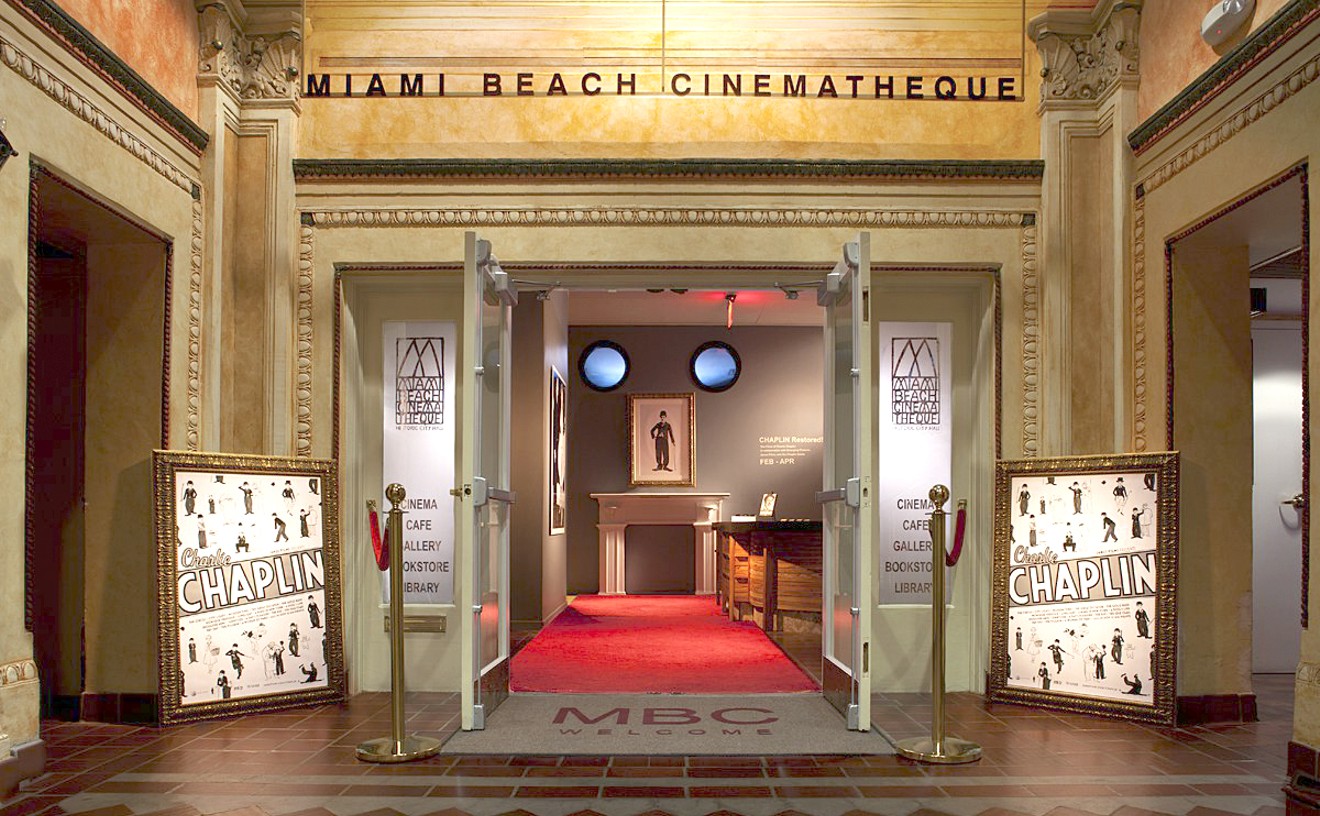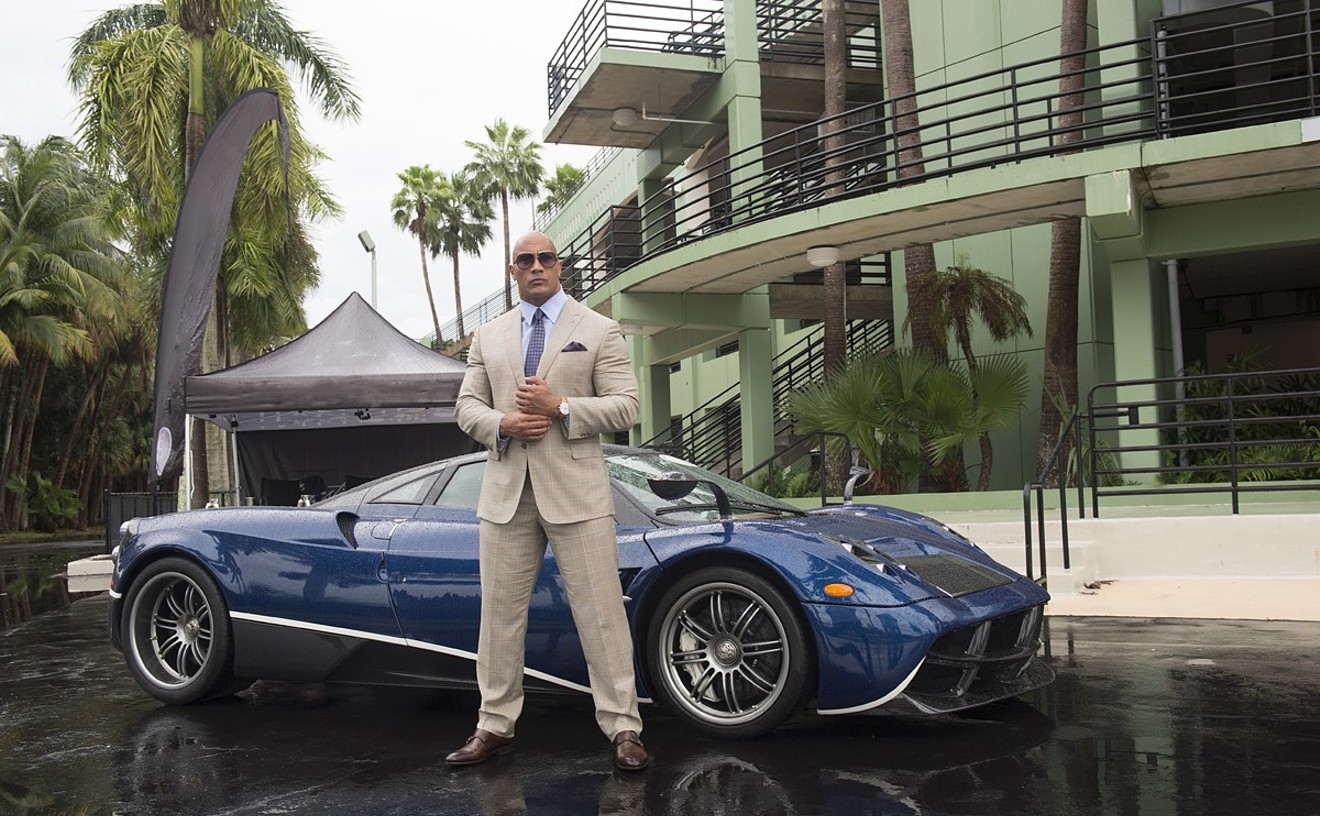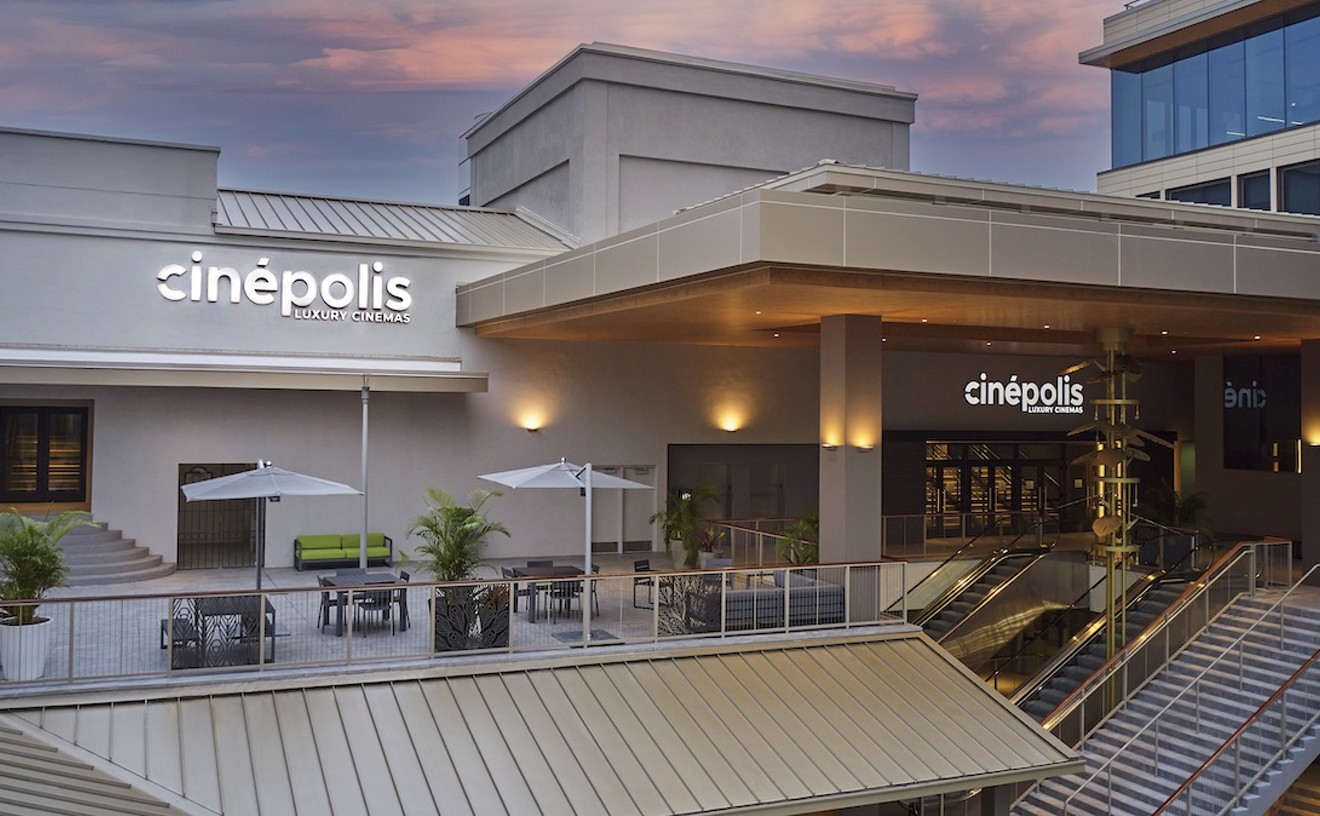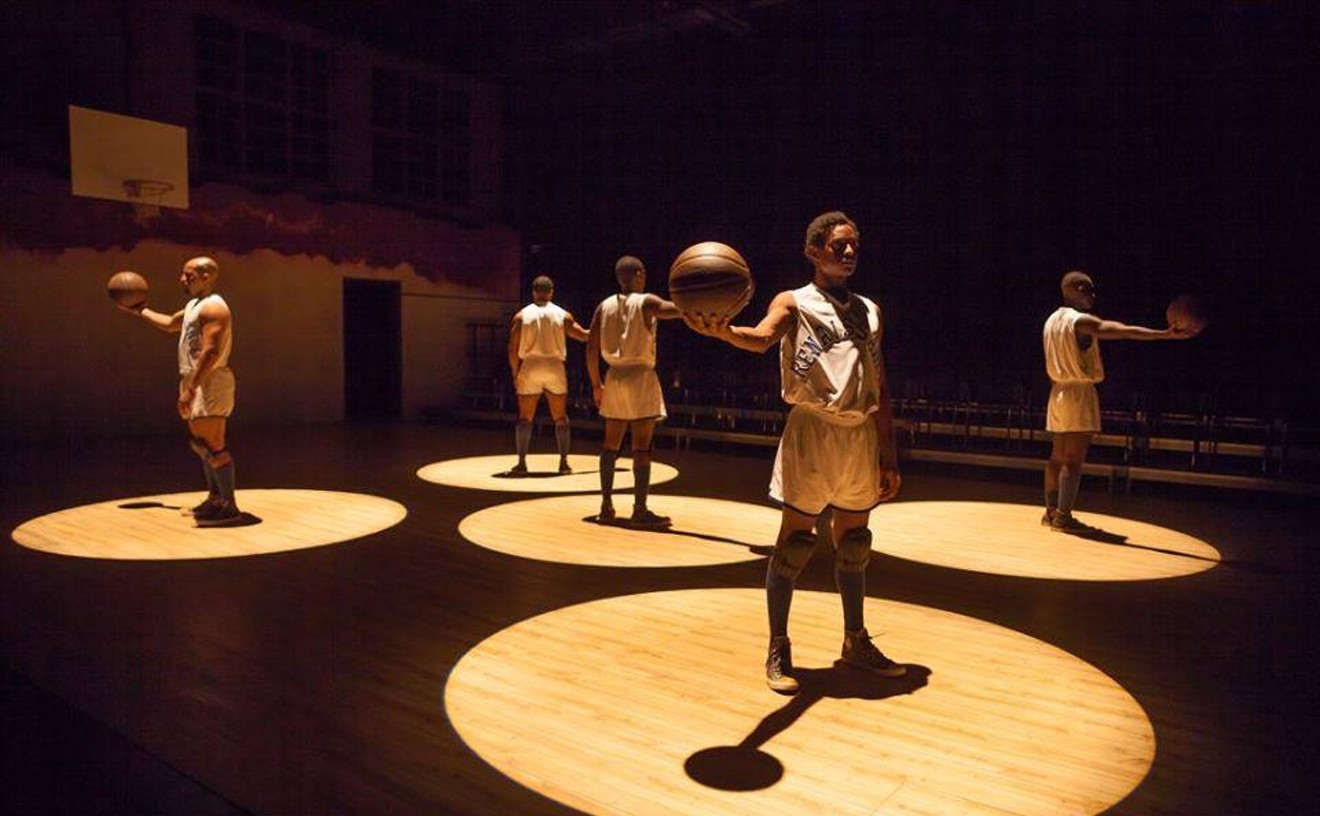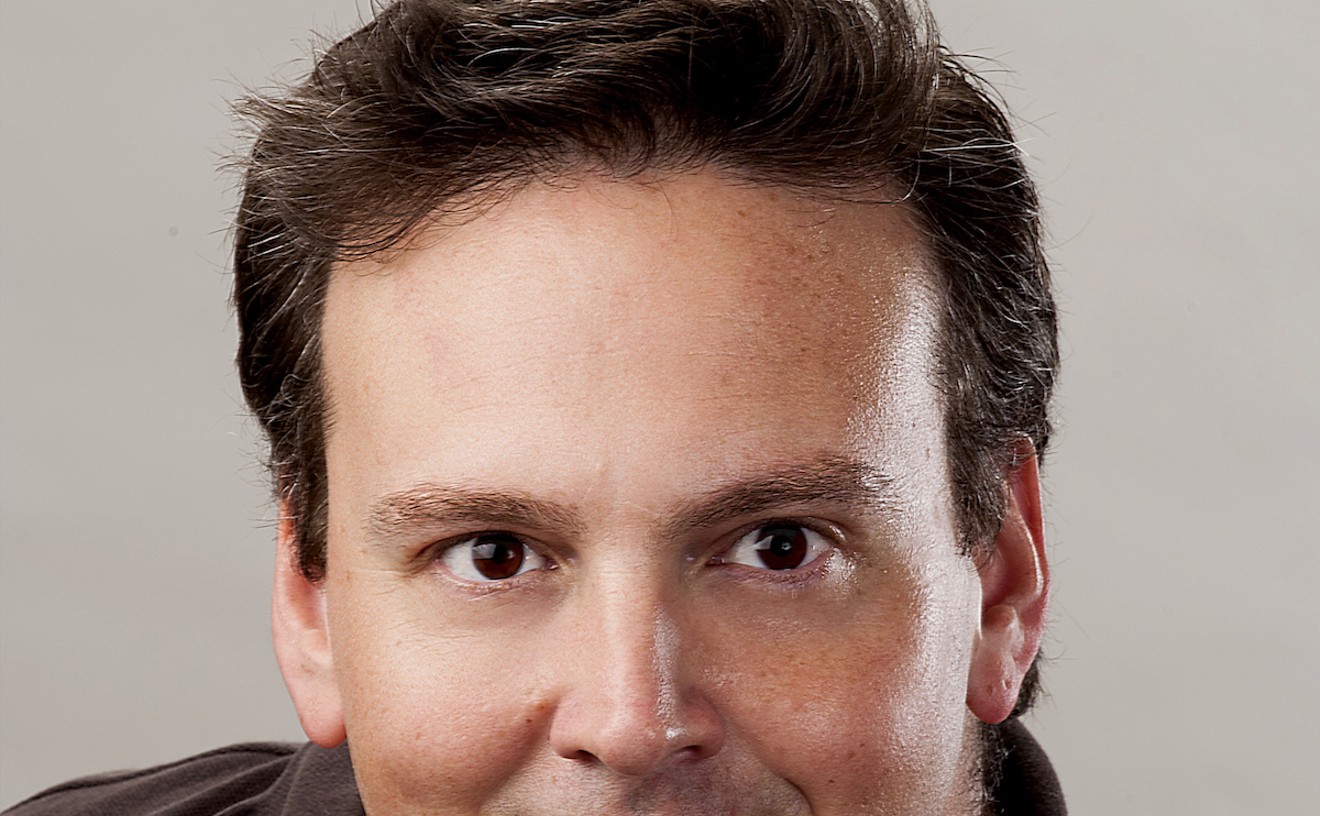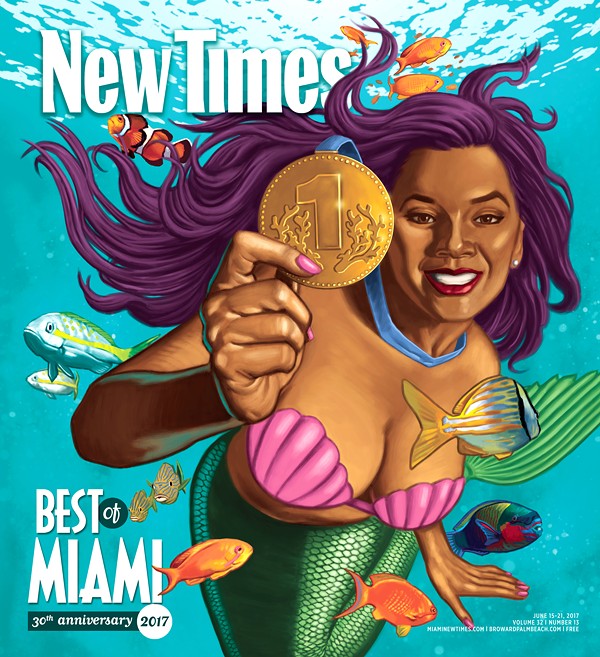Thanks to projects like Borsht Film Festival and its most famous offspring, Moonlight, a new, young indie film scene has evolved into a driving cultural force in the Magic City. But Miami Beach Cinematheque, the city's original alternative movie theater, precedes them all. The Miami Beach Film Society screened its first film, Sunset Boulevard, in 1993, a full decade before anyone would've described Miami as having a true film culture. Its members launched the permanent cinematheque ten years later, luring Miami film lovers to a cozy screening room on Española Way. And since MBC moved to a larger and more historic building in the heart of SoBe on Washington Avenue in 2011, the venue has remained as relevant as ever. Foreign films and domestic indies alike make their Miami premieres here every month. And director Dana Keith expands the filmgoing experience far beyond the screen by scheduling lectures and panel discussions with local film experts, bringing filmmakers and stars to make appearances at the theater, and hosting screenings and events for just about every film festival in town. There have never been more options for moviegoers in Miami, but with its combination of thoughtful programming, exciting events, and community support, Miami Beach Cinematheque remains at the top of indie fans' lists.
Readers' choice: O Cinema


